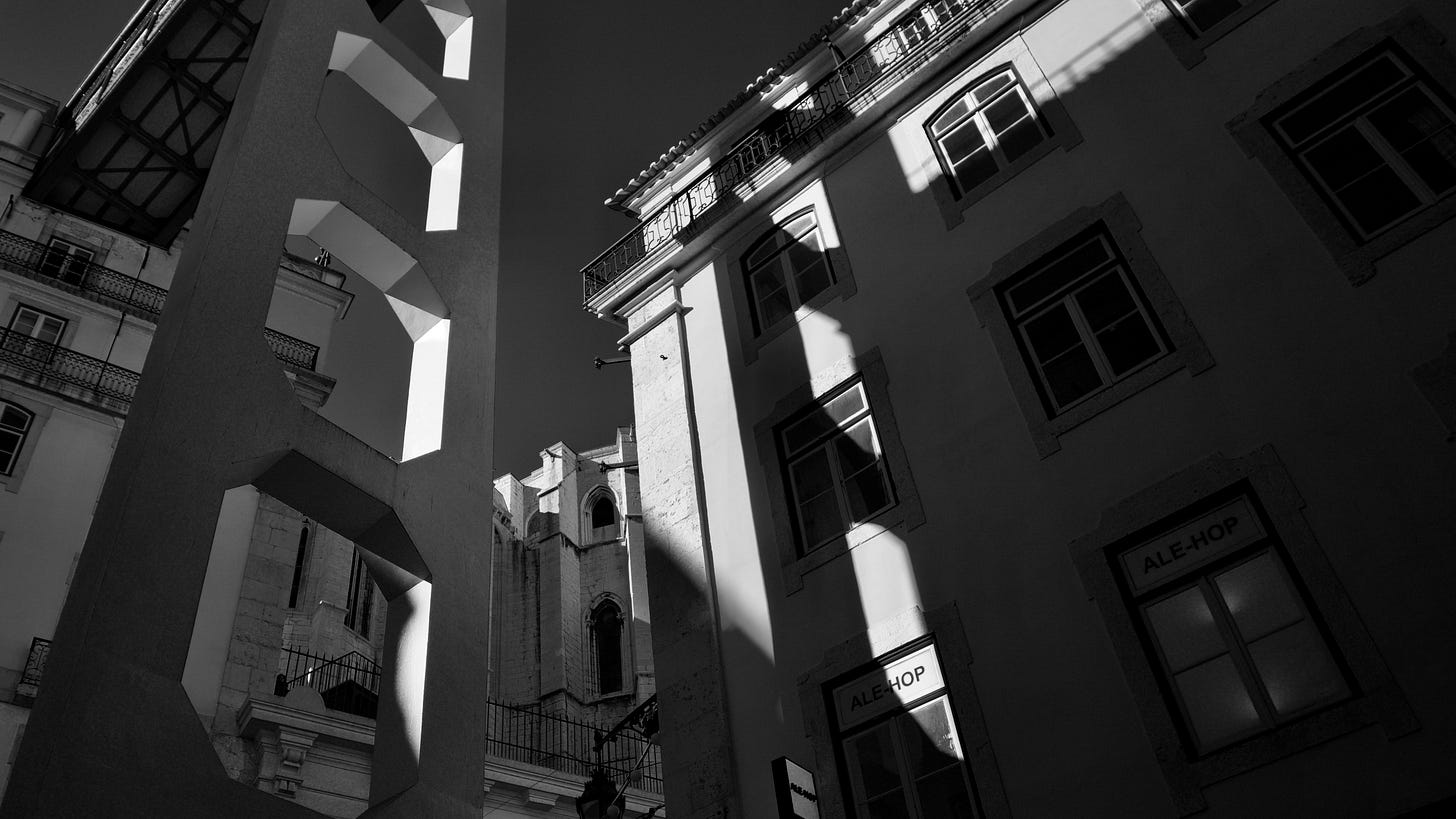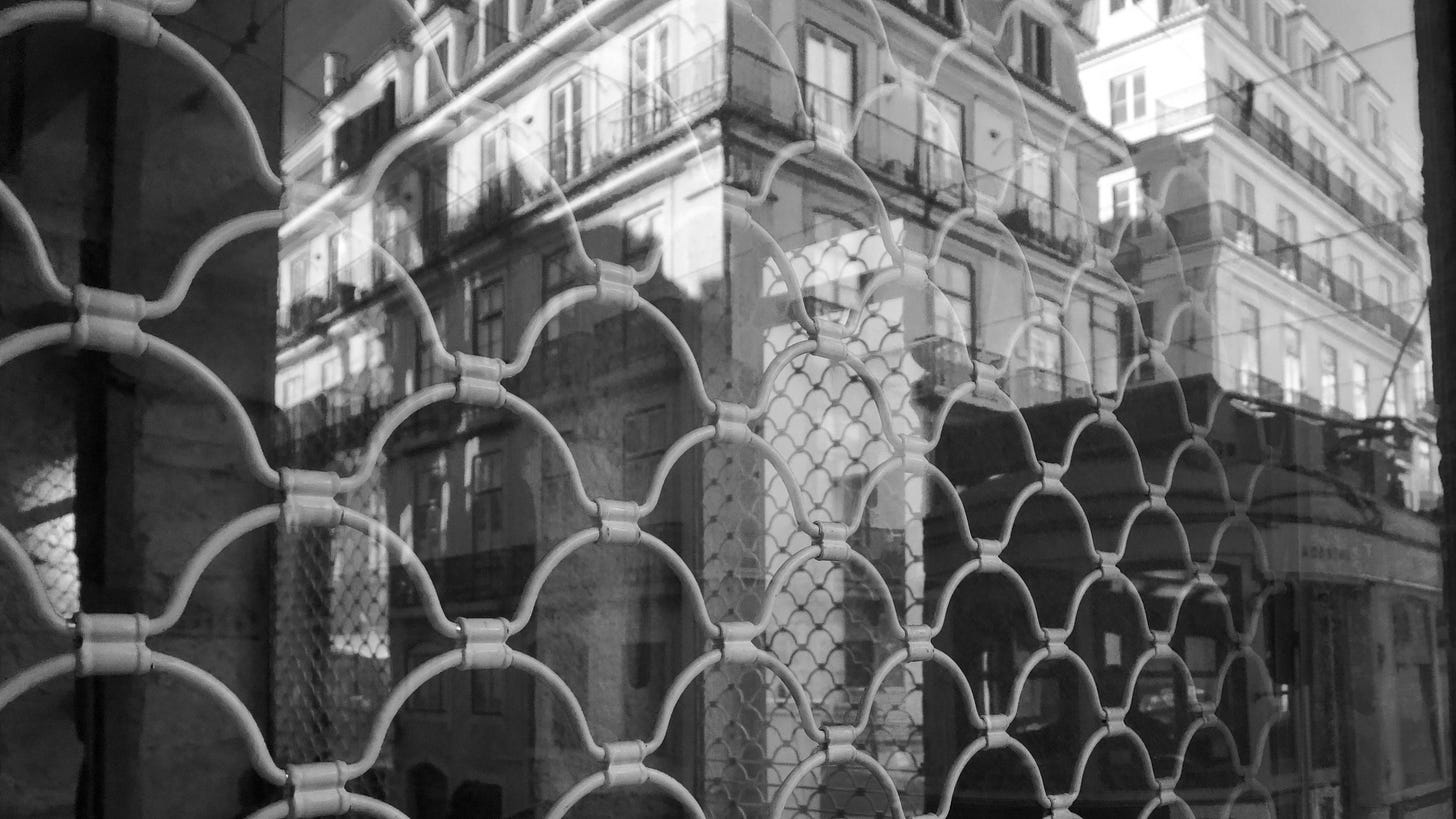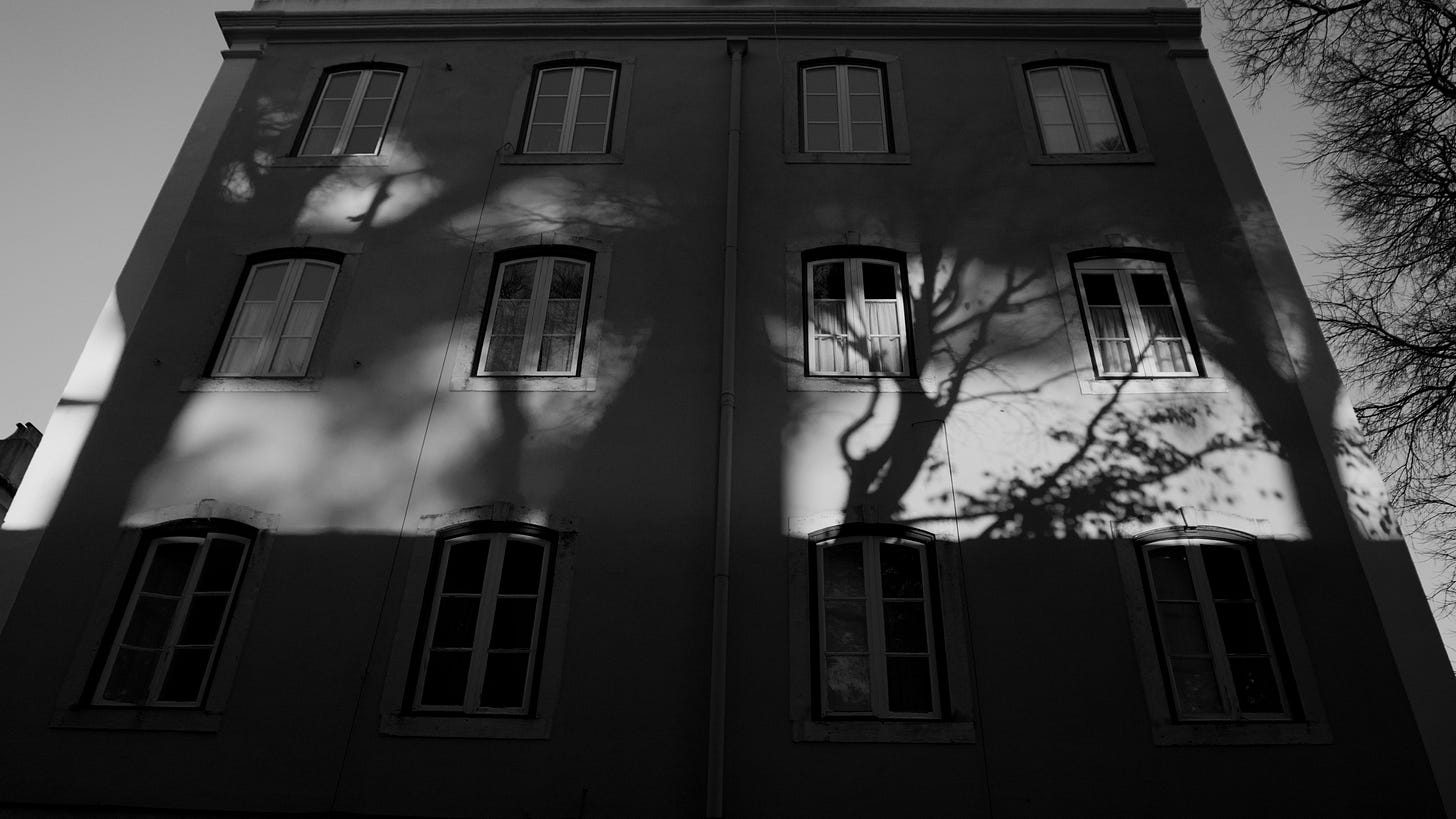During a recent afternoon, I found myself doubting a moment of serendipity. It came right after the day began to feel a bit sluggish, and as a result of my desire to find some new music. I have a craving for the novel and experimental and unexpected when it comes to most art—and I had decided to find a new album to complement the drink that I had just poured. Now it is pertinent to mention that Ludovico Einaudi is a pianist and composer whom I find intriguing; classically trained, yet innovative, I’ve followed his work for at least a few years, although I hadn’t—it will also be pertinent to mention—listened to his music in the last few months. So there’s no real surprise that I stumbled across his name while looking through the albums on my computer, or that I decided to see whether he had any new releases, though it was a surprise to learn that, yes, there was a new release just that very day—which was a remarkable coincidence that felt almost immediately a little suspicious.
Articulating this moment and this sensation is tricky, but my suspicion was mainly directed toward the countless nudges and hints and even shoves that I’m given from the screens that surround me each day—they appear in the tedious ads that I skip, or in the endless headlines that scroll past my eyes, in the deluge of alerts and reports and stories far exceeding anything that I can consciously track or clearly remember, but that must, surely, be swirling around inside my mind. If you attempt to concentrate in our cacophonous technological world, you do start to experience doubts about even your most personal sensations. What feels instinctive starts to appear designed. What feels accidental starts to appear planned. What feels intrinsic to you starts to appear social.
And to stumble upon a new album on the day of its release prompts you to wonder about what personalized ads you’ve skipped over in the last week—never quite noticing that you’ve been nudged to look for new music, that somebody in a tall building wearing a suit and dark glasses and with a very specific plan just for you has whispered in your ear. Have I seen that album cover before? Did I know to check today? Why does the coincidental feel planned? What genuinely feels like an impulse—a lugubrious day, the late-day sun, a skim through new music—starts to feel primed by forces beyond your control. Of course this isn’t a new experience for me, and I assume that you’ve felt similar moments of dislocation, too, with what’s incidental and intimate to your desires occasionally arriving with the troubling sensation that you’re merely hostage to what’s been engineered.
Although this shouldn’t be misconstrued as a rant against advertising—my thoughts have a much more elusive target. Advertising serves a purpose, and I can’t really imagine a world without it, where there’s no incentive to promote books in shop windows or hang posters about upcoming concerts or even to produce flashy trailers for films. Just creating something new—however impressive, however grand—isn’t sufficient in any world. People need to learn that it exists, and I especially don’t begrudge artists who put some care into how they announce a creation.
Nevertheless, whether new art is marketed or advertised or reviewed, it still adds to the hodgepodge that passes before all of our droopy, dried eyes every day—within reach of your outstretched hand is, almost certainly, a phone that comes with an endless scroll of disjointed, frenetic, slapdash, and bewildering information. So that each individual artist adds to the tornado of material that arrives anew each day, with no single advertisement or news release or scrolling headline such a problem, but with each contributing to the daily onslaught, until what’s left isn’t distinctive, noteworthy, or even memorable, as it all becomes a mere part of the kaleidoscopic and earsplitting mass that surges past hour-by-hour, which ends up making it impossible, for me at least, to know where my desires end and where the outside world begins.
There was a time when I knew the source for all my information. For whatever I happened to be bloviating about on a particular day, I could always tell you where I read or heard the story. All of the facts in my head came with citations. But this is, unfortunately, no longer true, so I end up still having a good memory for names and quotes and stories although I don’t always have a coordinating memory that tells me how I know those things. And this often triggers a vertiginous moment, such as when I have a vivid recollection of a restaurant or a conversation, yet I can’t quite pinpoint the country in which it occurred. Because there’s certainly no justification whatsoever to blame age or to take any personal responsibility for this deterioration, it seems better to look outward, to find a societal fault, to question the obvious acceleration in life that we all confront: the unbelievable amount of information that I consume each day makes organizing that information into a coherent narrative a laughable goal. From streaming shows to news feeds to all the advertisements that we see but don’t consciously remember, we’re all Large Language Models now, spending our days absorbing an endless array of text and attempting to arrange what’s cluttered around us into something logical, but, just like our silicon competitors, most of what we generate at this moment ends up being nonsense.
Yet there’s no avoiding the daily flush of the informational sewer pipe, which still soaks me even though I am, in general, more distant from the spillage than most people—I am a little less technological, a little less desirous of speed, a little more willing to ignore the day’s news, a little more interested in silence. Yet I’m surrounded and overwhelmed anyway. We’re no longer in the age of images, we’re in the age of manufactured sensations—pings and beeps and alerts that provide a rush of excitement, a bit of anxiety, perhaps a tingle, a craving, just enough confusion to never look away. Everyone carries around a little rectangle that shouts orders and sustains a connection with the sewer pipe of information, and this boss has only one requirement for its employees: just don’t disconnect, just don’t put me down.
To pick up a book and read for hours without looking away is, perversely, almost subversive. To spend the time required to fully digest a complex topic without rushing to judgement, deciding what you believe after a long contemplation, is oddly radical. But even if you design your life to be purposeful, if you ensure that you’re not swayed by the latest fad, or thrown by what’s supposedly vital today but surely forgotten tomorrow, you’ll still be exposed to the endless scroll and deluge whenever you take a glance at the news, or find your attention diverted when you skim through your email—we’re all obsessed by those pretty flames that dance on the cave wall, and we can’t, even when we know it’s a simulacrum, look away from the sparks.
It is the doubts that feel most pernicious: I can’t arrange the deluge of information into anything that resembles a coherent narrative, so that the next scrap of information simply congeals with the mass that I’ve already absorbed and leaves me with a muddle—with nothing to differentiate what I’ve thought from what I’ve read from what I’ve heard. I’m left to question the sources for my own sensations, whether the relentless drive to shape my desires for food and entertainment and news has succeeded in making the source of all of my feelings external. Yes, I’ve been meaning to visit that restaurant. Yes, I should look for a new album now. Yes, that book cover does look appealing. Thus I discover the tricky bind of doubting the part of the world where I have unique expertise—my own desires.
When did I first hear about Ludovico Einaudi? My mind is hazy and a little jumbled and I hesitate to make any grand claims. In what feels like a gust of memory, I hear the keys of his piano for the first time while I sip a midday coffee at a rickety table in a Berlin café, which prompts me to ask the waiter about the song; but I also feel the impression, in the same gust, that the faint, mathematical notes of his piano play for the first time on the speakers during a winter storm in my Brooklyn apartment, so many years earlier; and then I sense, too, that the precise moment that I hear his music for the first time is on a friend’s terrace in Rome, so many years later; until all of these impressions coalesce into one elusive sensation, which doesn’t come with a specific time or place, but that soon starts to harmonize with all the other pianos that I’ve heard, a confusing symphony of my first classical concert in New York and jazz musicians in Bucharest and a halfhearted tourist show in Prague, all of the notes conflated, intertwined, the piano from one performance merging seamlessly into another—which leaves me, in the end, in this very moment, without any confidence in these impressions, until all that’s left is the truth of the sensation that I feel now.








When it comes to the Internet, one of the things I say most often is "I read it somewhere."
While I try to be aware that there are most definitely subconscious influences on my behavior and thinking, I would have never dived so deep into the possibility that the album release and your desire wasn't just pure serendipity but instead the result of a sequence of unnoticed patterns. Very cool. And traveling and living abroad, as you have done so much of it, actually helps to cement our memories so even if you get them confused with one another, you still remember them. I notice that I have a poorer memory for online conversations than I do physical conversations because there's no context of sensation in which to embed the experience. You are just wonderful, Charles.